By Paul Rozycki
The August primary election in Genesee County saw nearly 23 percent of voters cast ballots as they chose the nominees for the November election.
That is slightly higher than the average turnout for most August primaries county-wide. However, the Flint turnout was below average at a little more than 14 percent, with 11,000 of the city’s 75,000 voters selecting two of the three mayoral candidates, Mayor Sheldon Neeley and former Mayor Karen Weaver, to proceed to November.
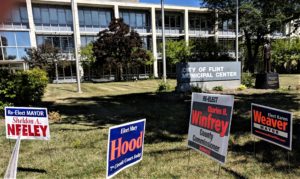
Campaign signs in front of City Hall on Primary day. (Photo by Paul Rozycki)
With redistricting, voters and candidates were in new elections districts, and there were many new faces running for office. As is true for much of the state, where one party is dominant, a primary election victory is often a guarantee for one party. In Flint, winning the Democratic primary often assures victory in November, and in much of the Thumb the same is true for Republicans.
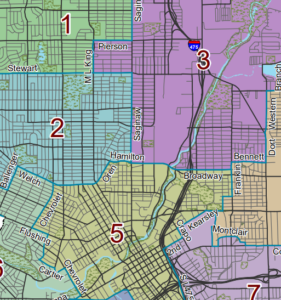
Redrawn map for the City of Flint’s nine wards. (Photo by Tom Travis)
This election also saw a significant increase in the number of absentee voters, a trend that has continued since the start of the pandemic more than two years ago.
Flint mayoral race
In Flint the major contest was the non-partisan mayoral race where voters gave the nominations to current Mayor Sheldon Neeley, with 49 percent (4,943) of the vote, and former Mayor Karen Weaver with 40 percent (4,062) of the vote. They will compete in the November election. City councilman Eric Mays finished third with 11 percent (1100) of the vote.
Governor
The race for governor produced few surprises, but signals what could be an historic campaign for Michigan, where both nominees are women.
The partisanship of our times and the turmoil over the governor’s response to the pandemic could make this a competitive race.
Democrats: Incumbent Gov. Gretchen Whitmer was unopposed for the Democratic Party nomination, and will be running for a second term. Michigan has not failed to give an incumbent governor a second term for more than 60 years.
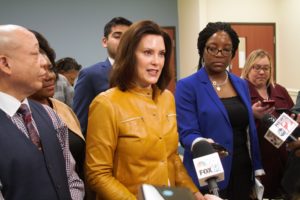
Michigan Governor Gretchen Whitmer speaking to the press at Flint’s Hamilton Community Health Clinic in late February 2020. (Photo by Tom Travis)
Republicans: Tudor Dixon won the Republican nomination to oppose Gov. Whitmer in November. She garnered 40 percent of the vote, followed by Kevin Rinke with 22 percent, Garrett Soldano with 18 percent, Ryan Kelley with 15 percent and Ralph Rebandt with 4 percent. Just days before the election, Dixon received an endorsement from former President Donald Trump, which may have given her the advantage.
At one time there were 10 candidates who planned to run for the nomination. However five of them, including several leading candidates, failed to gather enough valid signatures, and were excluded from the ballot. James Craig, who was removed from the ballot ran a write-in campaign, and his votes have yet to be reported. After the vote totals were reported, Ryan Kelley, claimed vote fraud and asked for an investigation. Kelley had been part of the Jan. 6 protest in Washington D.C. and is facing criminal charges over his actions.
U.S. Representative in Congress
The newly created 8th Congressional District runs from Genesee County up to Bay County, and includes parts of Midland County. Based on past voting results, it leans more Republican than the old 5th District that was Dan Kildee’s base for most of the last decade, and it may be a more competitive race.
Democrats: Incumbent Dan Kildee was unopposed for his nomination, and running for his sixth term in the U.S. House in November.
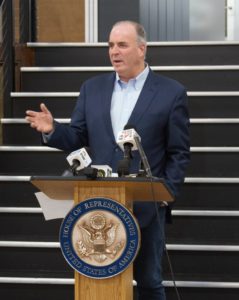
Congressman Dan Kildee speaking at a press conference in Flint after the Jan. 6 insurrection. (Photo by Tom Travis)
Republicans: There were three candidates running for the Republican Party’s nomination to oppose Kildee in the November. Paul Junge emerged victorious with 54 percent of the vote, followed by Matthew Seely with 24 percent and Candice Miller with 23 percent.
Michigan State Senate
There are 38 members of the Michigan State Senate. They serve four-year terms and are limited to two terms.
The newly drawn 27th State Senate District includes the northern two-thirds of Genesee County, including the City of Flint, Flushing, Swartz Creek, and Burton. Incumbent Democratic Senator Jim Ananich is term-limited.
Democrats: In this strongly Democratic district, incumbent State Representative John Cherry, was the winner with 64 percent of the vote, followed by former city councilperson Monica Galloway with 25 percent, Bill Swanson with 6 percent, and former Flint school board member David Davenport with 5 percent.
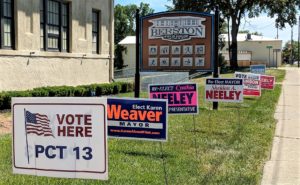
Campaign signs at Berston Field House. (Photo by Paul Rozycki)
Republicans: Cherry will be running against Republican nominee Aaron Gardner, who had 58 percent of the vote, finishing ahead of Christina Hickson with 42 percent.
Michigan House of Representatives
There are 110 members of the Michigan State House. They serve two-year terms and are limited to three terms.
The 68th District covers the areas of Grand Blanc, Burton, Davison, and Atlas Township.
Democrats: Cheri Hardmon came out on top with 58 percent of the vote, ahead of Amie Carter who had 28 percent, and Raymond Freiberger, who had 14 percent of the vote.

Voter who called himself “Reese” at Berston Field House on Primary election day. (Photo by Tom Travis)
Republicans: Hardmon will face the winner of the Republican primary, incumbent David Martin, who had 46 percent of the vote. Martin defeated Kristen Swanson who had 28 percent, Vern Miller with 20 percent, and Lynne Freiberger who had 7 percent of the vote.
The newly drawn 69th District covers much of the northwest areas of Genesee County
Democrats: Three Democrats, Jenifer Almassy, Kenyetta V. Dotson, and Jasper Ryan Martus competed in a close contest for their party’s nomination. Martus emerged on top with 39 percent of the vote, Almassy came in second with 31 percent, followed by Dotson, with 30 percent.
Republicans: Martus will run against Republican Jesse Couch, who was unopposed.
State House District 70 includes all of the City of Flint
Democrats: In the strongly Democratic district incumbent state Rep. Cynthia R. Neeley was the winner with 67 percent of the vote, DeWuan Robinson came in second with 24 percent, followed by Thomas James Harris Jr. with 5 percent and Rich Jones with 4 percent.
Republicans: Neeley will face Tim Butler who had 62 percent of the vote, defeating Trevor Berryhill who had 38 percent.

Alan Baify Jr. and Cameron Robinson on Primary Election day. (Photo by Paul Rozycki)
Genesee County Commission
There are nine members on the Genesee County Commission and they serve two-year terms.
District 1: (north east Flint city), There was no primary contest. Incumbent Democrat Bryant Nolden, will face Republican Steven Cousino in the Nov. 8 general election.
District 2: (central and south Flint city) Democratic incumbent Charles Winfrey won with 74 percent of the vote against Donald Wright who had 26 percent of the voters. The winner will face Republican Lynette Robinson, who was unopposed for the nomination.
District 3: (Burton, Davison Township) Democratic incumbent Ellen Ellenburg won with 79 percent of the vote, with challenger Brian Ashley getting 21 percent. Ellenburg will face Nicholas Goyette who earned 53 percent of the Republican vote, defeating Gary Goetzinger with 28 percent and Elizabeth Guzak with 19 percent.
District 4: (Mundy Township, Grand Blanc Township) Democratic incumbent Domonique Clemons got 55 percent of the vote, besting challenger Kelsie Swanson, who had 45 percent. In November, the winner will run against Republican Amy Miller, who had 73 percent of the vote, beating Isaac Thomas with 27 percent.
District 5: (Grand Blanc city, Atlas Township) Incumbent Democrat James Avery had 71 percent of the vote, defeating Mark Stillman who had 29 percent. Avery will run against the winner of the Republican contest, Teri Lynn Chambers, who had 39 percent of the vote, defeating Angie Carr with 31 percent, and J. Michelle Kline with 30 percent.
District 6: (Gaines, Argentine, Fenton Townships) Incumbent Republican Shaun Shumaker was the only candidate in the race. There was no primary opponent and no Democratic candidate.
District 7: (Montrose, Vienna, Thetford, Mt. Morris Townships) Democrat Martin Cousineau, who had served on the County Commission previously, won the nomination with 54 percent of the vote, topping Janet Peters with 28 percent and Warren Coffell with 18 percent. The winner will run against Republican Lynn Culver who was unopposed.

Campaign signs in front of City Hall. (Photo by Paul Rozycki)
District 8: (Flushing, Clayton, parts of Flint Townships) Republican incumbent Meredith Davis with 51 percent of the vote, edged out challenges Virginia Sepanak, who had 49 percent. She will face Democratic challenger Dale Weighill, who had 60 percent of the vote, followed by Dave Huffman with 23 percent, and Andy Everman with 17 percent.
District 9: (Genesee, Forest, Richfield Townships, Davison city) Michelle Davis won the Democratic nomination with 39 percent of the vote, seeking to replace retiring incumbent Democrat Gary Peppin. She defeated Mo Aboneaaj who had 26 percent of the vote, Janessa Phillips with 23 percent, and Patrick Land with 13 percent. Davis will run against Republican Sue Hopper, who was unopposed.
Judicial election
Voters also elected a judge for the 7th Circuit Court District in a non-partisan race. Circuit Court judges serve six-year terms. Emerging victorious was Dawn Weier with 39 percent of the vote, defeating Mary Hood who had 36 percent, and Rebecca Jurva-Brinn with 25 percent.
Ballot proposals
Voters supported two county-wide millage proposals.
The proposal to renew the Genesee County Parks and Recreation millage to a .75 level passed with a 67 percent yes vote.
The second proposal to renew and increase the millage supporting the Michigan State University extension programs in the county to .08 mills also passed with a 53 percent yes vote.
Beyond Genesee County
There were a number of other significant races and issues around the nation on Aug. 2 as well.
In Michigan Republican Congressman Peter Meijer, who voted to impeach Donald Trump was defeated in his primary bid by a Trump endorsed candidate, John Gibbs, in the 3rd Grand Rapids area district.
In Michigan’s 11th Congressional District two Democratic incumbents faced off and Haley Stevens defeated Andy Levin in a redrawn election district.
In Kansas, a ballot proposal to protect the right to abortion won a surprising 60-40 victory in the traditionally conservative state. It suggests that the same issue may play a larger than expected role in Michigan’s fall election.
EVM Political Writer Paul Rozycki can be reached at paul.rozycki@mcc.edu.


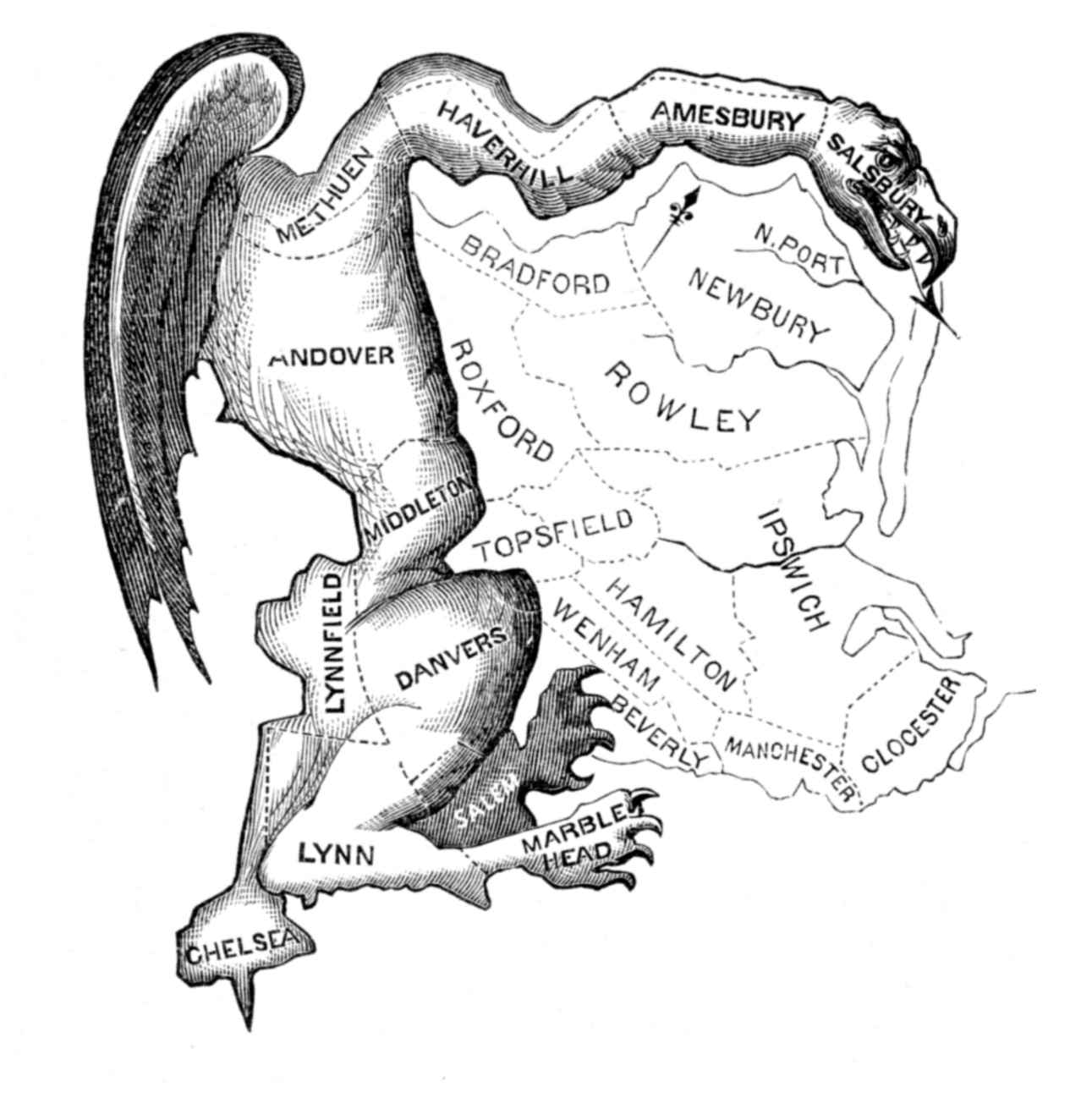

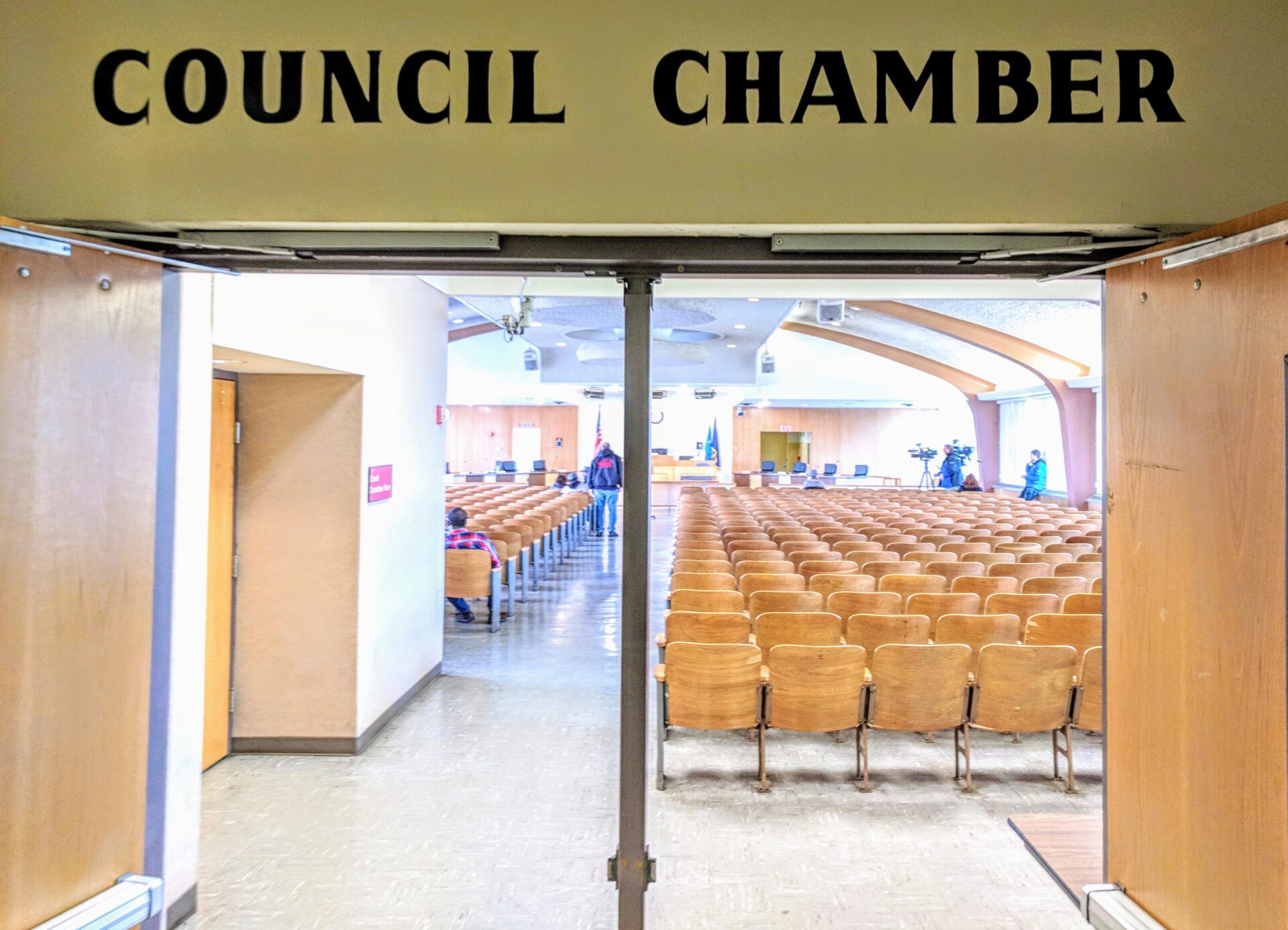



You must be logged in to post a comment.